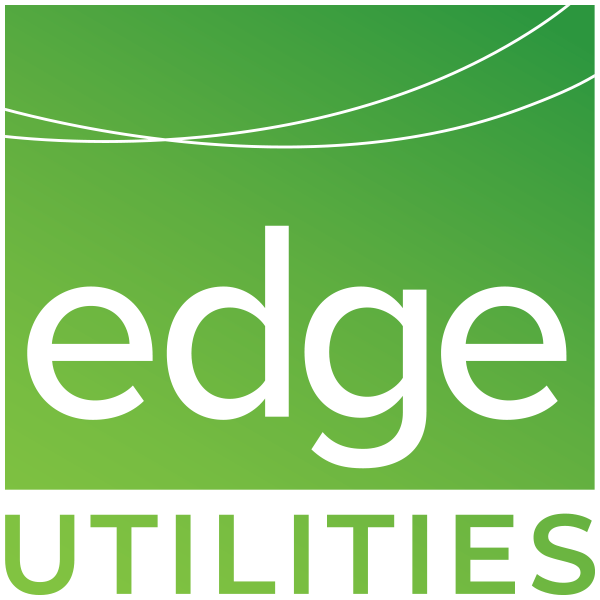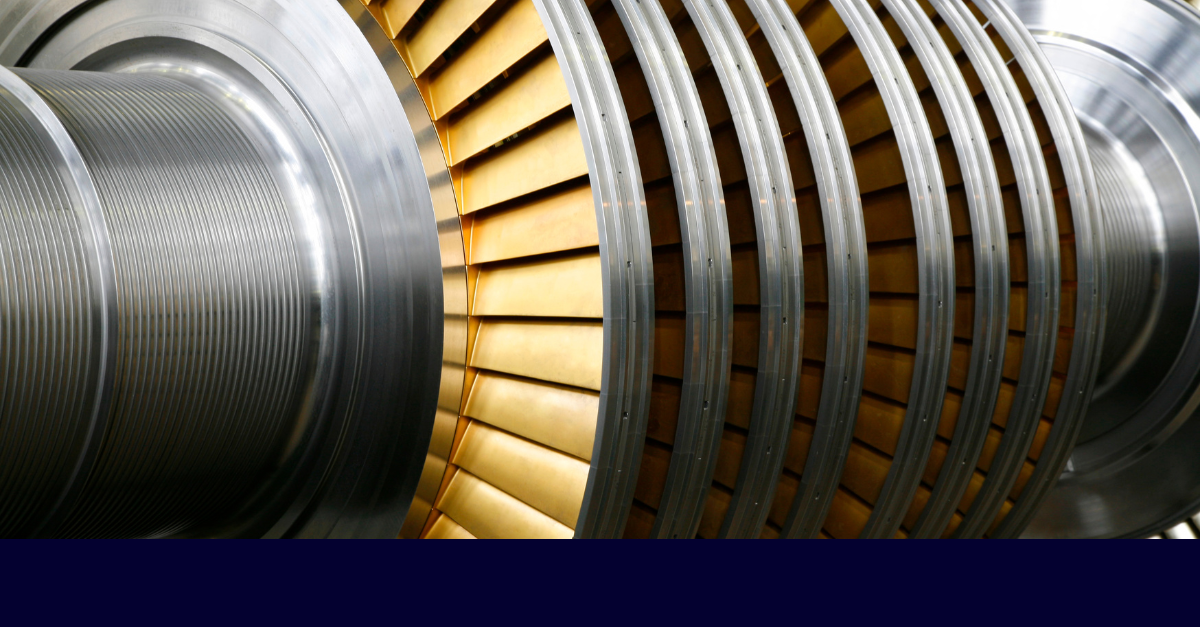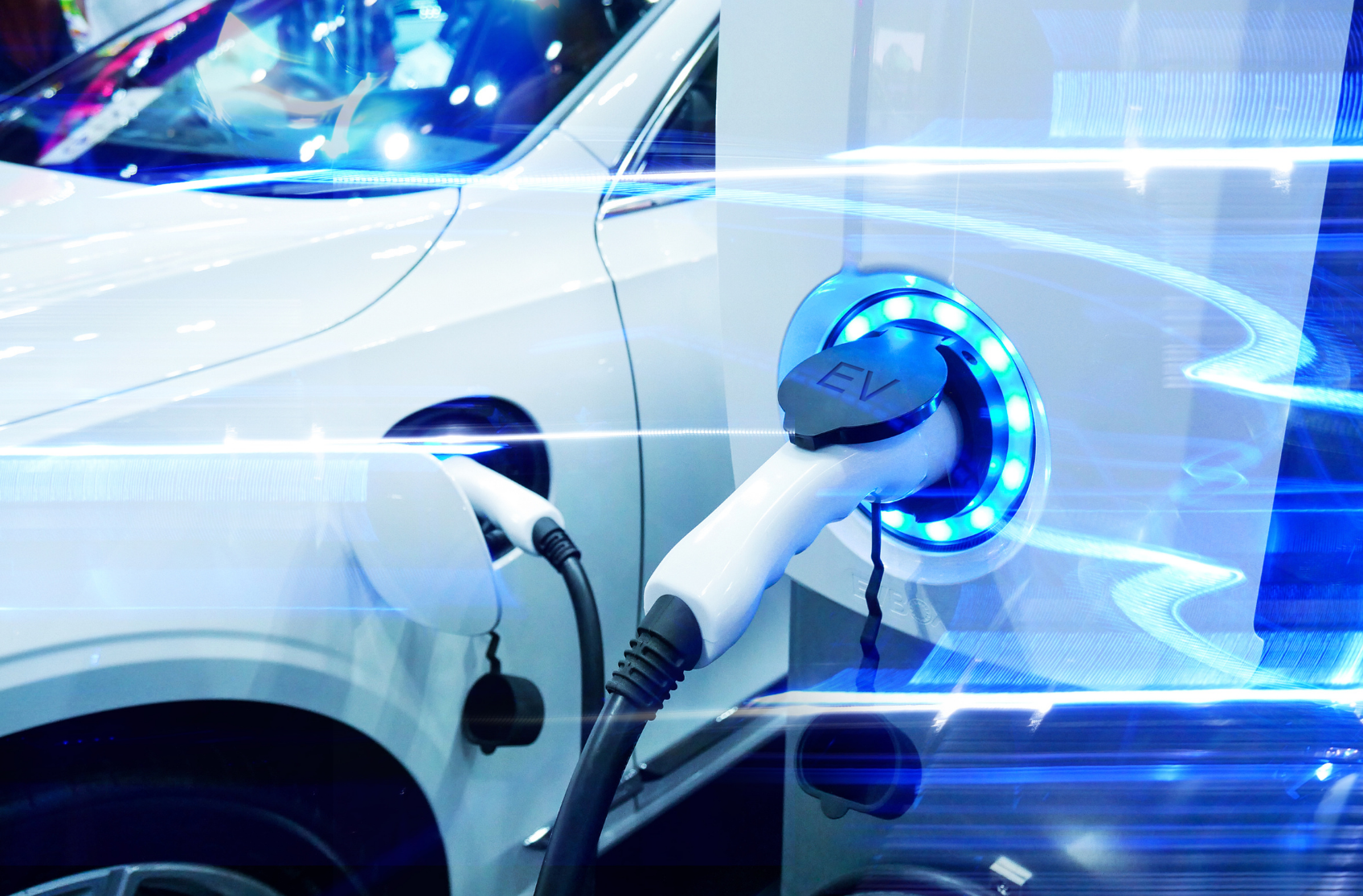The Private equity company EIG Global Energy Partners is betting big money on gas, offering $18.4b for Origin Energy is which was a ~55% premium relative to its last close price. This premium suggests EIG Global Energy Partners believes gas will set price as the Chairman of EIG stated, “it is willing to ignore government threats of export controls and price caps and invest in Australia for the next 20 years because it believes the nation’s gas resources will play a crucial role in the transition to clean energy”.
As federal politics look to potentially intervene in the domestic coal and gas markets, the investors do not appear to be concerned. It seems the thought process is that gas is a sound investment for the next 20 years as we transition to renewables. No doubt they will be keeping an eye on the regulatory environment but with a track record of investments in the UK and German markets where market inventions are currently enabled, they are in a good position to understand the risks and rewards.
As Origin owns a fleet of gas generators that traditionally operate over the periods where electricity prices are at their highest, it puts them in a position to take advantage of the market, producing and selling electricity at high market prices securing a nice profit.
As entry to the industry and source project finance is difficult, Origin’s gas turbines will have time to continue to produce electricity and make money at these heightened energy prices. With new investment being stalled due to funding constraints pressure on electricity prices will continue to occur.
The question for investors, politicians and the public is, do you view gas as the transitional fuel to renewables? While investors may see a distinction between gas and coal, do the end users of electricity hold similar assumptions?
Edge Utilities offer market leading services for business and strata energy users. We help you navigate the ever-changing energy landscape, focus on renewables and save on your power bills through our Edge Utilities Power Portfolio (https://edgeutilities.com.au/edge-utilities-power-portfolio/). Reach out, we would love to assist you: info@edge2020.com.au or call on:1800 334 336


